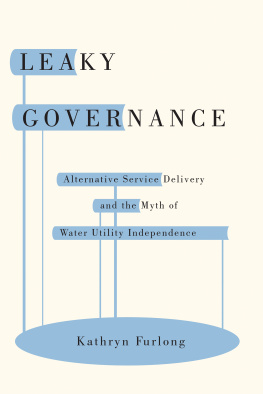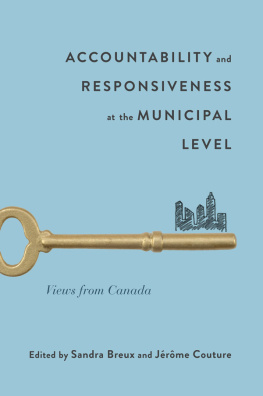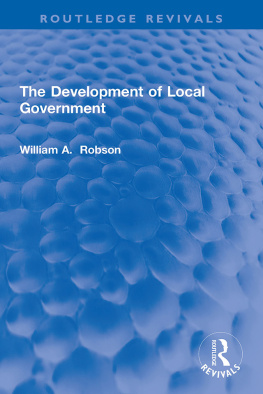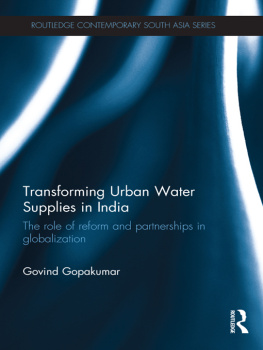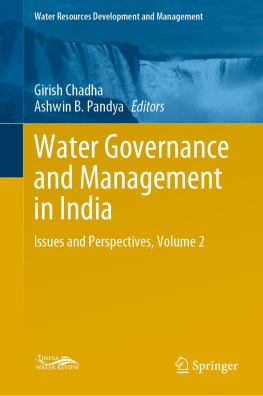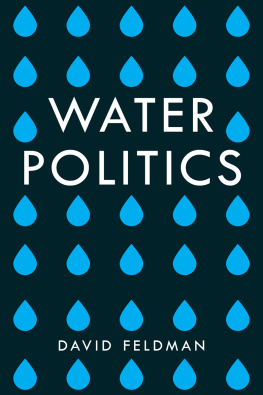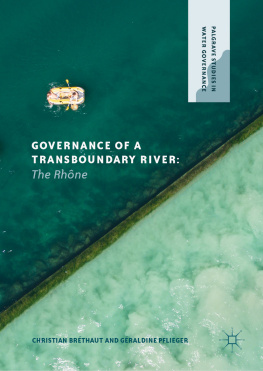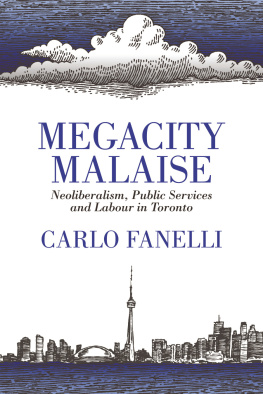Preface
My life working on water issues began when I was an engineering student at Carleton University in the 1990s. I found problems related to water its movement, control, and decontamination fascinating because of their complexity, especially in relation to groundwater. I spent two summers working at the National Research Councils Canadian Hydraulics Centre, where I modelled river contaminant flows. I loved the problem-solving element with its inherent potential for success. You could get your model to work, to imitate a quasi-known reality, and thus, hopefully, predict future patterns. Moving from engineering to geography by way of environmental management was an attempt to gain a broader and deeper understanding of the technical issues with which I was grappling. I never went back to the technical world. In many ways, I have found my efforts to analyze waters social even socio-technical nature far more complex. There is no right answer to a problem or clear end to a project. There is only greater and deeper understanding, a process characterized by perseverance more than achievement.
When I began studying water supply issues from a political ecology perspective, debates on utility privatization were raging. Unknown to many, however, they had also reached their peak. As it turned out, not only was privatization socially contentious, it was also unprofitable. Even if there had been a way to overcome the overwhelming public resistance, water supply rarely offered an attractive return on private investment. When it came to underserved areas in the global South, even the heads of water multinationals complained that it was unrealistic to expect them to solve protracted problems of underinvestment. Rather than cleaning up after state failure, the private sector could work in areas where the state had already established a record of reliable services or was able to subsidize the private endeavour. Even in England and Wales, where the Conservative government of Margaret Thatcher sold water infrastructure at a bargain in 1989, the level of regulation necessary to protect public health ultimately cut into profitability and dampened the allure of the water business.
Water privatization was on the wane, but the logic that drove it was not. Typically qualified as neoliberal, this logic had gained significant ground over the course of the 1990s. Key related trends fall within the framework of new public management, the subset of neoliberal thinking directed at the public sector. Central to this is the rhetoric of state failure, according to which the fundamental problem in public sector governance is the state itself, especially local government. This thinking however simplistic has led to major reforms of the public sector, local government, and service delivery. In Ontario, few municipalities escaped the consequences of the associated revolution that plowed through the province under the Progressive Conservative government of Premier Mike Harris (19952002).
When Harris came to power in 1995, I had just moved to Ottawa from Labrador to study engineering. My youth in Newfoundland had been one where budget cuts were a normal aspect of life in what had long been a have-not province. What was alien to me, however, was the exceptionally ideological and confrontational nature with which they were pursued in Ontario. The public sector and local government, now viewed as the sworn enemies of efficiency and cost savings, were targeted in what was far from a collaborative process. Deemed wasteful, their already limited authority and capacity were curbed. In this, the Progressive Conservative government was well in line with the approach championed in the 1980s by Ronald Reagan in the United States and Thatcher in Britain. It seems that British conservatives appreciated Premier Harris as well: when I moved to England to study in the late 1990s, they had launched a platform called The Common Sense Revolution, adopting the moniker that first brought the Harris government to power in 1995.
Unlike in England, water privatization did not become a serious contender for utility reform in Ontario, yet reform there was all kinds of reform. This was the case in other countries as well: major utility reforms took place while the private sector was relegated to the sidelines. Beginning in the mid-1990s, municipalities in Ontario like their counterparts in Alberta, the United States, and countries around the world began grappling with how to continue providing a growing range of services under increasing budget restraint. Municipalities and utilities across the province conducted a series of studies and opted for a variety of service delivery options, options well beyond what can be discussed within the confines of a debate still dominated by public versus private management.
This debate has limited what we are able to talk about in terms of water supply and its relationship to urban governance. The binary opposition pits public against private, state against market, politics against management, and institutions against organizations. We are called to take sides. Lost is the complexity of local service delivery that blends and blurs all of these apparently analytical, organizational, and ideological lines. In the quest for an analysis that breaks down these oppositions, a study of Ontario is well placed to move our debates about municipal governance and service delivery forward. The province presents a lively opportunity to move beyond binary debates and examine a range of service delivery options and the complex relationships that they imply.

